Prof. Stephen Z.D. Cheng Speaks in Qizhen Global Vision Lecture Series
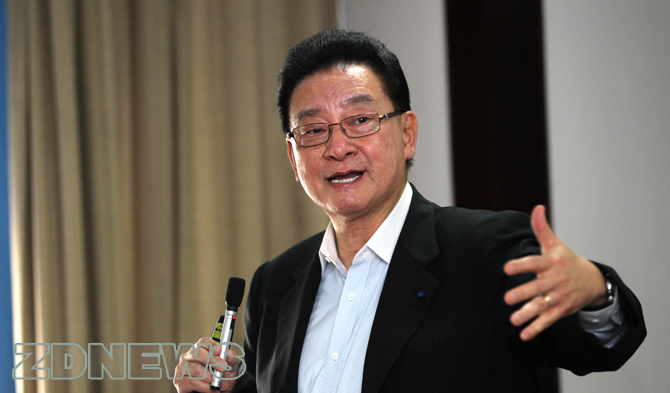
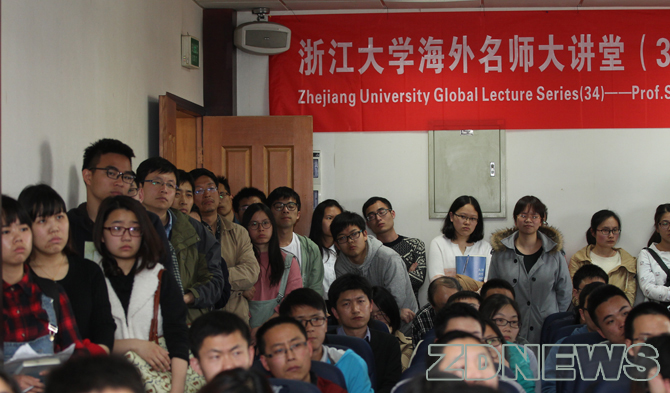
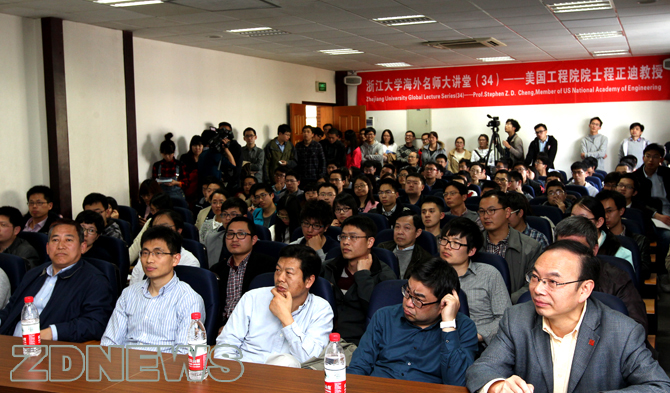
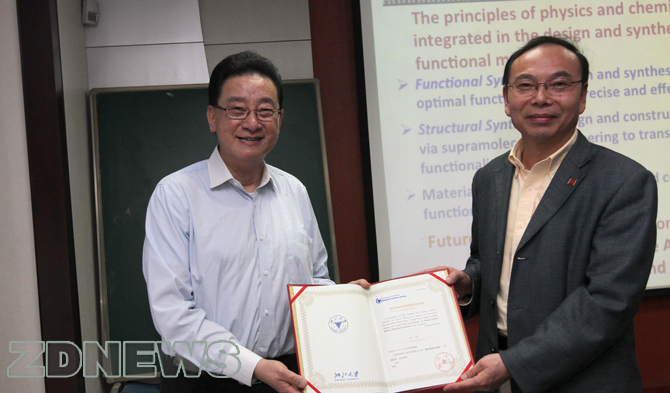
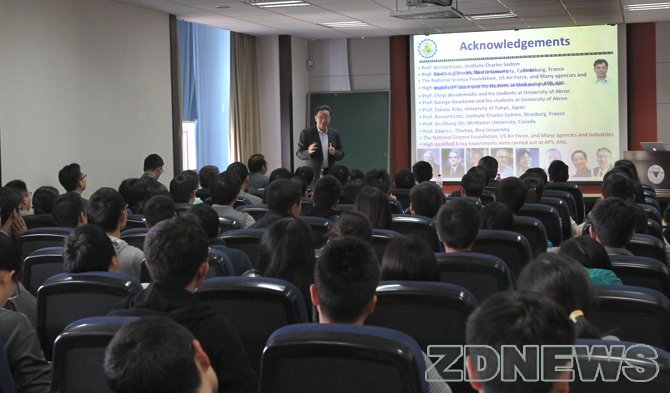
On April 1, Dr. Stephen Z.D. Cheng, a member of the US National Academy of Engineering and a professor of the University of Akron, delivered a speech in Qizhen Global Vision Lecture Series. He shared with the audience his cutting-edge research in his speech titled “Giant Molecules Based on Precisely Functionalized ‘Nano-atoms’: Turning from Crystals to Frank-Kasper and Quasicrystal Superlattices”.
Prof. Stephen Cheng is an American polymer scientist and chemical engineer. He is the current Dean of the College of Polymer Science & Polymer Engineering, and the R. C. Musson & Trustees Professor of Polymer Science at the University of Akron. He has been awarded the Presidential Young Investigator Award by the White House, the John H. Dillon Medal from the American Physical Society, the Mettler-Toledo Award from the North American Thermal Analysis Society, the Cooperative Research Award from the ACS, and the Polymer Physics Prize, the American Physical Society. His research interest is primarily focused on condensed states in polymeric materials, including transition thermodynamics, kinetics, molecular motion in metastable states, crystal structure and morphology, liquid crystals and liquid crystalline polymers, surface and interface structures and related phase transitions, phase structures and phase transitions in nano-confined environments, polymer blends and copolymers, high performance polymers, and polymer photonics.
“University is a haven for a continuation of our national soul. If every university is a pristine land, the future will hold a world of marvel for Chinese people,” said Prof. Cheng. He suggested that every university student take full advantage of their time and calm down to acquire knowledge, thereby making their contribution to China. Meanwhile, he urged students to foster a habit of lifelong learning.
Prof. Cheng expected students to expand their horizons and not to confine research to their current field. “If your scientific life lasts for 30 years, your research project will lag far behind when you retire, even though it is indeed at the cutting edge of research in the very beginning. This thus poses a highly demanding challenge for every researcher. Every professor should keep learning and perform experiments on his own,” said Prof. Cheng.
Prof. Cheng also pointed out that learning involved ‘putting up with loneliness and maintaining composure’. “When asked about my experience in publishing papers in Nature or Science, I will tell them to calm down. It may take 5 years or 10 years to produce something in a research project. If a researcher cannot resist temptations or change his minds easily, he won’t achieve any success. A researcher should pursue high-caliber science rather than high-quality papers,” said Prof. Cheng.